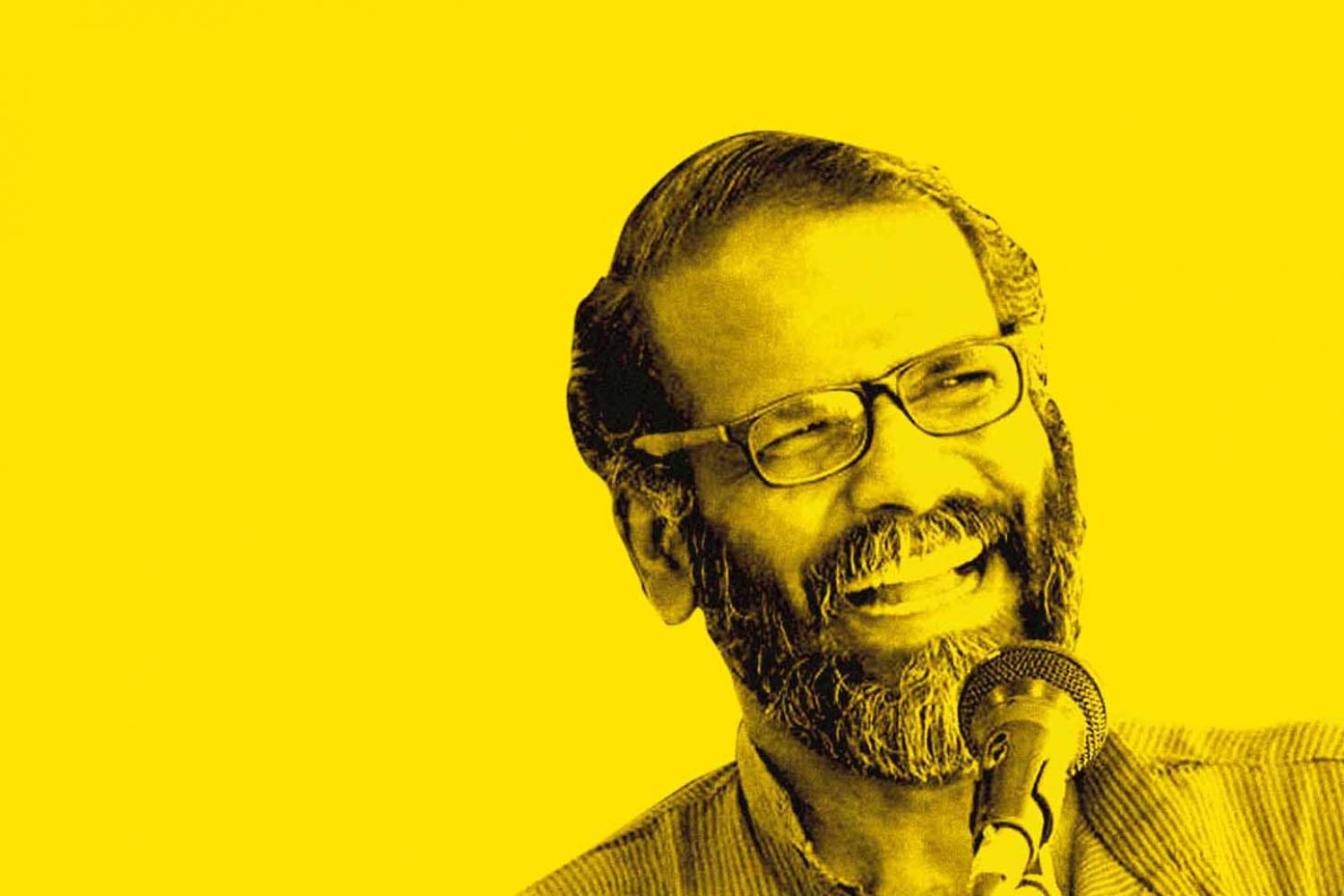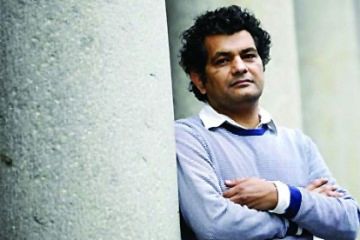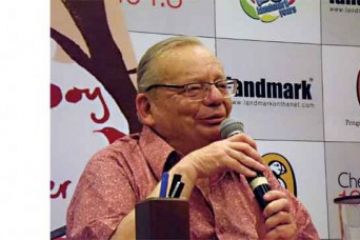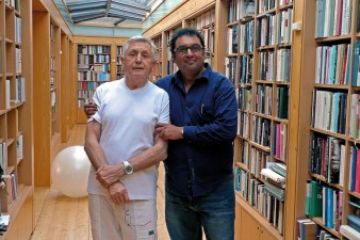
“I have never
bothered to indulge in the pleasures of an abstract search for knowledge. Nor
have I written anything not based on political necessities‚ÄĚ.
‚ÄĒProf. Sunil. P.
Ilayidom
 
 
Marxist cultural
critic and a popular orator, Prof. Sunil. P. Ilayidom is one of the most
important voices in contemporary Malayalam intellectual space. His relevance
lies in his ability to develop popular methodologies for the dissemination of
academic knowledge.
His first major work
w





